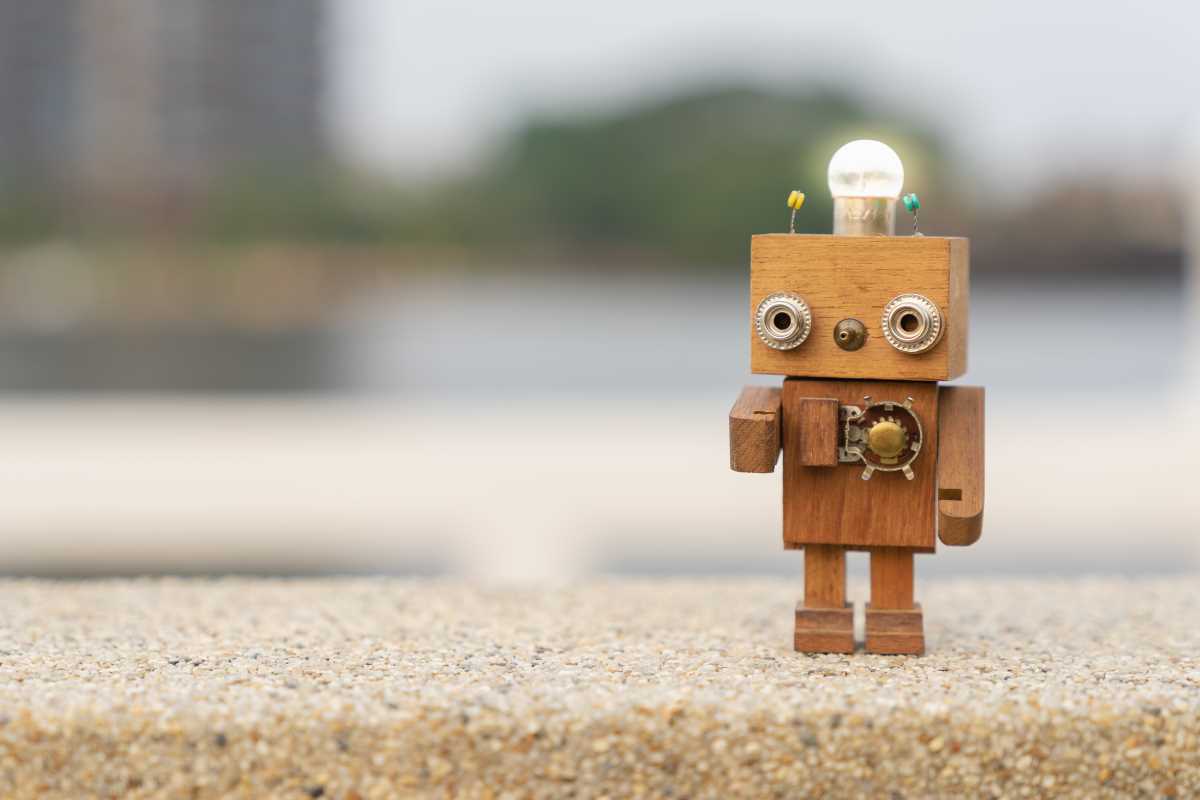The world of work is changing at a pace we’ve never seen before. Think about the jobs that exist today that were barely imaginable ten years ago, like professional streamers, drone operators, or AI ethics officers. Technology, shifts in global priorities, and new ways of doing business are constantly reshaping the career landscape. Planning for the future is no longer about picking a single, stable job for life. Instead, it’s about understanding the trends that are shaping tomorrow’s opportunities and developing skills that will be in high demand. The careers that will define the next decade are not just about new technology; they are about new approaches to healthcare, sustainability, and data. These are the fields where the most growth, excitement, and impact will be found.
AI and Machine Learning Specialists
Artificial intelligence (AI) is already a part of our daily lives, from the algorithms that recommend movies to the voice assistants on our phones. Over the next decade, its influence will grow exponentially, and the people who can build and manage these intelligent systems will be in massive demand. An AI or Machine Learning Engineer is at the forefront of this revolution. They design the complex models that allow computers to learn from data, make predictions, and perform human-like tasks. This could mean developing an AI that helps doctors diagnose diseases faster or creating a system that optimizes a company’s supply chain.
Closely related is the role of a Data Scientist. These are the experts who collect, clean, and analyze the vast amounts of information needed to train AI models. They find hidden patterns and insights within the data that drive business decisions and fuel innovation. A career in this field requires strong skills in math, statistics, and programming, but it’s also highly creative. You are essentially teaching machines how to think, a skill set that will be foundational to nearly every industry in the coming years.
Sustainability and Renewable Energy Experts
As the world grapples with the challenges of climate change, a whole new economy is being built around sustainability. This has created a surge of new careers focused on protecting our planet and transitioning to cleaner energy sources. A Sustainability Specialist works with companies and governments to reduce their environmental impact. They might develop programs to cut waste, lower carbon emissions, or source materials more responsibly. They are problem-solvers who help organizations become more eco-friendly and efficient.
In the energy sector, Renewable Energy Technicians are becoming indispensable. These are the hands-on professionals who install, maintain, and repair wind turbines and solar panels. As countries around the world invest heavily in green energy infrastructure, the need for skilled technicians to build and manage these systems is skyrocketing. This field also includes roles for engineers who design more efficient solar cells, policy advisors who advocate for clean energy legislation, and scientists who research new forms of power like green hydrogen. A career in sustainability is a chance to be part of a global solution.
Genomics and Personalized Medicine
Healthcare is becoming more personal than ever before, thanks to incredible advances in our understanding of genetics. The field of genomics, which is the study of a person's complete set of DNA, is leading to a revolution in how we treat disease. Instead of a one-size-fits-all approach, doctors will soon be able to prescribe treatments tailored to an individual’s unique genetic makeup. This opens up a range of future-focused careers.
A Genetic Counselor helps patients understand their genetic information and the risks for certain hereditary conditions. They provide guidance on testing and help people make informed decisions about their health. A Bioinformatics Scientist is a key player who uses powerful computers to analyze huge biological datasets. They look for connections between specific genes and diseases, which helps researchers develop new, targeted drugs. These roles blend biology, data analysis, and patient care, putting professionals at the cutting edge of a medical transformation that will save countless lives.
AR/VR Developers
Augmented reality (AR), which overlays digital information onto our real world, and virtual reality (VR), which immerses us in a completely digital one, are moving beyond gaming. These technologies are set to change how we learn, work, and interact. The people building these new experiences are AR/VR Developers. They are a mix of software engineers and 3D artists who use game engines like Unity and Unreal to create immersive applications.
In the next decade, an AR/VR developer might be designing a virtual training simulation for surgeons, creating an interactive virtual showroom for a car company, or building a collaborative workspace where colleagues from around the world can meet as avatars. The work requires both technical coding skill and a strong sense of user experience design. As these technologies become more integrated into our daily lives, the developers who can build these new worlds will be the architects of our future reality.
 (Image via
(Image via





